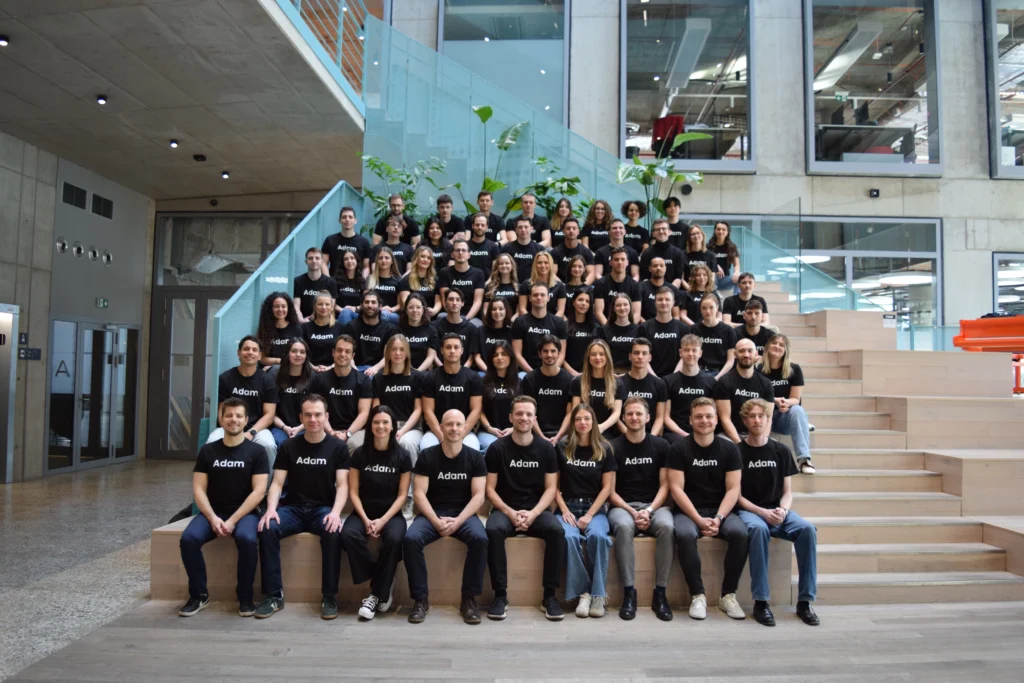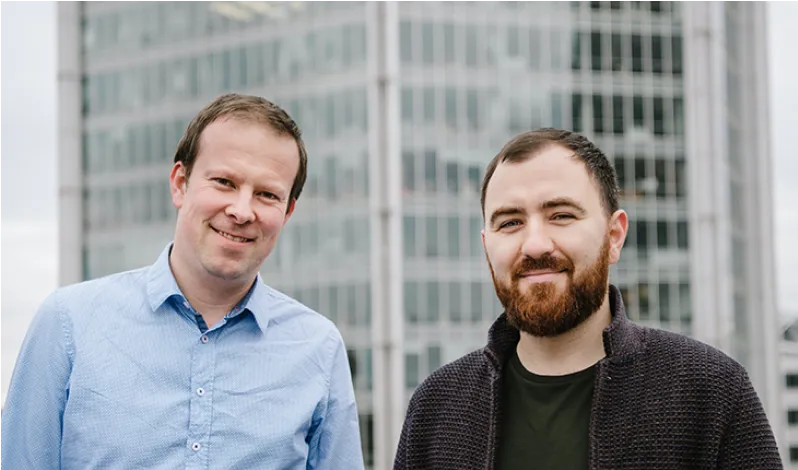Organized by Prague-based automation company Apify in conjunction with Massive, the one-day conference featured speakers from companies in the automation and web scraping space, as well as a panel discussion. As the industry is in the throes of the AI revolution, the topics all focused heavily on how it will affect web scraping, particularly with the advent of AI agents.
Naturally, for us at Startup Kitchen, the question is how all this will affect startups. Will new companies suffer under all this new tech, or are there opportunities within the turmoil? We talked to representatives of a few of the companies at the Prague Crawl to find out their thoughts.
Reliance vs overreliance
Marek Trunkát, Apify’s CTO, has noticed that more and more products are made up by AI, with especially MVPs – minimum viable products, or the very first version of an app or program – sometimes being 90% AI-made. “Of course, with MVPs you don’t care about security or quality,” he says, laughing, “if you’re going to vibe code your entire codebase there are going to be issues, but that’s something you can think about later on, once the idea is validated.”
However, he does see a lot of room for AI assistants. Using Apify as an example, he claims that a tool like AI code editor Cursor is saving his team 5% to 10% of their time. “Considering we have about 60 developers, the AI is doing the work of as many as six people if all engineers had invested their time into learning to code with the help of agents .” Trunkát even goes so far as to say that if anybody isn’t using a coding agent, “they won’t be relevant in two years.”
It’s not just coders that get AI help, Apify’s support team uses Fin, an agent developed by Intercom which is powered by Apify data. “Because we have Fin involved in about 80% of the conversations, with about half of them solved successfully, which means about 40% lower workload for our support staff, too,” says Trunkát.
That said, he does have some thoughts about reliance turning into overreliance: “I worry about losing all my hard skills if I were to only use AI. Just like you need to work out after sitting in your chair all day, you need to train your brain, too, with a good workout.”
Improving workflows
Brian Kennish from Massive, a web scraping startup, is overall quite positive about the advent of AI, at least for coders. He claims, making very clear that his data is purely anecdotal, that LLMs allow him to code three times as quickly. He bases this on records of his GitHub commits from before and after the launch of ChatGPT.
He attributes this to a few tactics he employs, like treating LLMs as junior programmers and himself as a senior one checking their work. Simultaneously, any code he himself produces he has checked by the LLM acting as a senior, claiming that the machine catches one of his mistakes for every four he finds in its code, a decent result.
Kennish also says that LLMs allow him and his devs to get through the workaday parts of their job quickly, letting them focus on the more high-level, complicated – and fun – stuff, which also greatly improves output. The most current example is a recently launched search program, which Kennish claims would normally take six months to put together. With some machine help his team knocked it out in three.

Digging new moats
Sarah McKenna, CEO of data delivery platform Sequentum agrees that you can do more quicker and with fewer resources. There’s plenty of opportunity for even tiny teams to put something out there, and fast. “Right now the market is very open, it’s one big blue ocean.”
At the same time, though, she also sees some issues: “Expectations are misaligned: there’s so much you can do, the problem is your moat. You can take any idea, create an MVP, show it to a VC, but then it’s easy to copy.”
Another issue is that the road from MVP to finished product can be very long. “AI can do the first 60% very well, and you can get it to 80% with some help, but getting it to 99.9% you need real expertise from real experts.”
As an example she uses the bane of all web scrapers, blocking, which is when a site blocks your scripts from gathering data. No AI on the market now can handle this as it takes original coding which is not public on the internet. To break blocks, you need senior experienced engineers who are adept at coding solutions from scratch, and since the blocking methods can change day to day, AI isn’t going to compete with human ingenuity — at least for the time being.









